Official Documentary: The Battle For Brixton April 1981
The rioting which began in Brixton, in the south London borough of Lambeth, in April 1981 shocked the nation.
For three days, rioters - predominately young, black men - fought police, attacked buildings and set fire to vehicles.
More than 300 people were injured and the damage caused came to an estimated value of £7.5m.
What was most shocking to many people was the unexpectedness of events. On the surface it seemed that black people were well-integrated into the fabric of UK society.
Many were second generation, born to parents who had come to Britain from the Caribbean in the late 1940s and 1950s to help "the motherland" with post-war rebuilding.
And there were high-profile success stories among Britain's black community.
Trevor McDonald had been presenting the news on television since 1973, Lenny Henry was a popular comedian having won a TV talent show aged 17 in 1975 and Daley Thompson had won decathlon gold at the 1980 Moscow Olympics.
But below the surface tensions had been building up and on 11 April 1981 they boiled over in Brixton, an area where 25% of residents were from an ethnic minority group.
The days of full employment were long gone and in Brixton around half of young black men had no job.
Injured policeman is bandaged
More than 100 officers were injured during the clashes
An amended Race Relations Act had become law in 1976 but police forces were granted an exemption from its conditions.
Many young black men believed officers discriminated against them, particularly by use of the 'Sus' law under which anybody could be stopped and searched if officers merely suspected they might be planning to carry out a crime.
In early April, Operation Swamp - an attempt to cut street crime in Brixton which used the Sus law to stop more than 1,000 people in six days - heightened tensions.
Unsubstantiated rumours of police brutality against a black man later led an angry crowd gathering to confront officers on the evening of 10 April for a few hours before the disturbances were contained.
But an arrest the following night sparked off the rioting in earnest.
But although its immediate causes were specific to Brixton, the rioting was perhaps a sign of the times.
The mixture of high unemployment, deprivation, racial tensions and poor relations with police were not unique to Brixton.
By the time Lord Scarman's report on the events in Brixton was published in November 1981, similar disturbances had taken place in a raft of other English cities, most notably Liverpool and Manchester.
https://youtu.be/T1Q1akfwKyM
Descubrir Mensajes
Explore contenido cautivador y diversas perspectivas en nuestra página Descubrir. Descubra nuevas ideas y participe en conversaciones significativas
?? Visit this unspoiled vacation paradise in Negril, Westmorland, Jamaica. https://tinyurl.com/TheWestenderInn
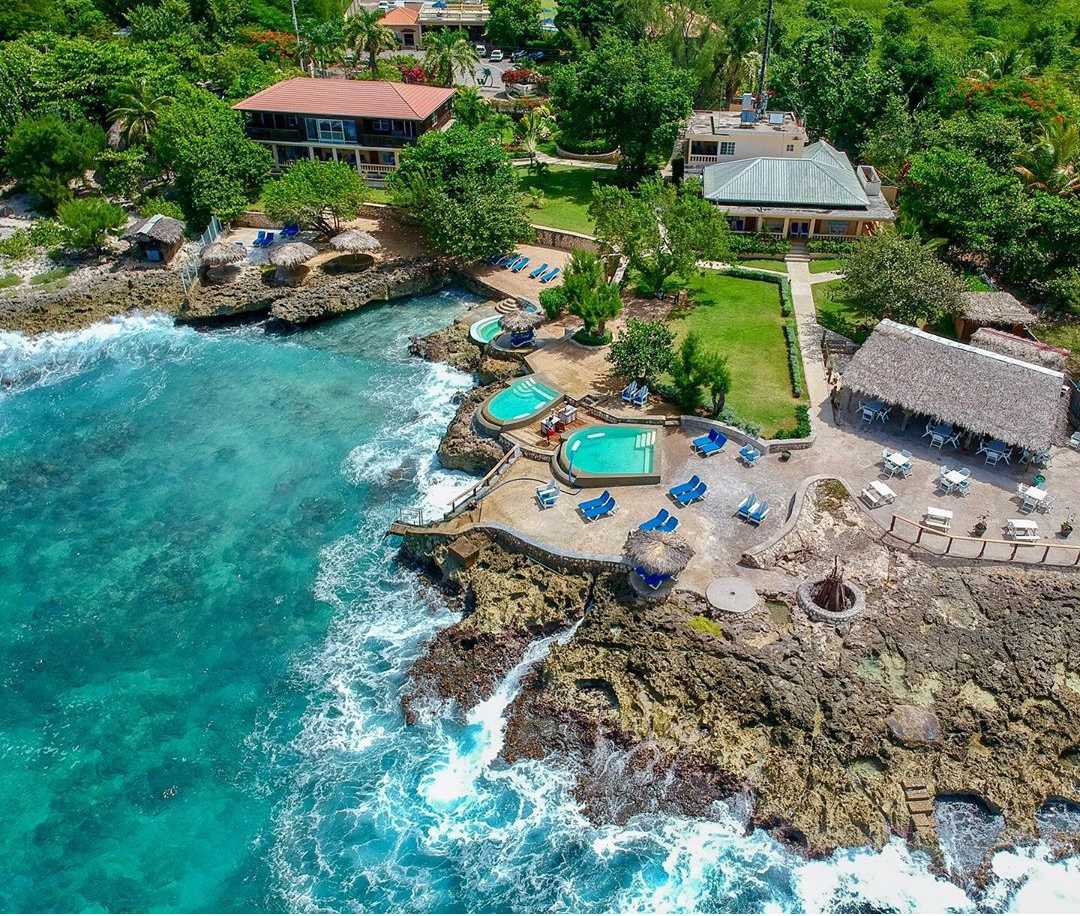
Official Burning Spear Musical Journey
Winston Rodney OD (born 1 March 1945), better known by the stage name Burning Spear, is a Jamaican roots reggae singer-songwriter, vocalist and musician. Burning Spear is a Rastafarian and one of the most influential and long-standing roots artists to emerge from the 1970s.
Winston Rodney was born in Saint Ann's Bay, Saint Ann, Jamaica. As a young man, he listened to the R&B, soul and jazz music transmitted by the US radio stations whose broadcasts reached Jamaica. Curtis Mayfield is cited by Rodney as a major US musical influence along with James Brown. Rodney was deeply influenced as a young man by the views of the political activist Marcus Garvey, especially with regard to the exploration of the themes of Pan-Africanism and self-determination. In 1969, Bob Marley, who was also from Saint Ann, advised Rodney to approach Coxsone Dodd's Studio One label after Rodney sought his advice during a casual conversation.
Burning Spear was originally Rodney's group, named after a military award given by Jomo Kenyatta, the first President of an independent Kenya, and included bass singer Rupert Willington. The duo auditioned for Dodd in 1969 which led to the release of their debut single "Door Peep" (the session also included Cedric Brooks on saxophone). They were then joined by tenor Delroy Hinds. The trio recorded several more singles for Dodd, and two albums before they moved on to work with Jack Ruby in 1975. Their first recording with Ruby, "Marcus Garvey", was intended as an exclusive track for Ruby's Ocho Rios-based Hi-Power sound system, but was released as a single, giving them an immediate hit, and was followed by "Slavery Days". These recordings featured the backing band The Black Disciples, which included Earl "Chinna" Smith, Valentine Chin, Robbie Shakespeare and Leroy Wallace. The group worked with Ruby on their third album, Marcus Garvey (1975), which was immediately successful and led to a deal with Island Records to give the album a wider release. Island remixed and altered the speed of some of the tracks, much to the annoyance of fans and the group, leading Rodney to set up his own Burning Music label for future releases where he would have full control, although further releases followed on Island including Garvey's Ghost, a dub album, and the Man in the Hills album. In late 1976, Rodney split from both Ruby and group members Willington and Hinds, and from that point on used the name Burning Spear for himself alone. Dry and Heavy followed in 1977, self-produced but still on Island, and with a sizeable following by now in the United Kingdom, he performed in London that year with members of Aswad acting as his backing band for a sold-out show at the Rainbow Theatre, which was recorded and released as the album Live!. Aswad also provided backing on his next studio album, Social Living (1978), which also featured Sly Dunbar and Rico Rodriguez. A dub version of the album, Living Dub (1979), was mixed by Sylvan Morris. His profile was raised further by an appearance in the film Rockers, performing "Jah no Dead".
In 1980, Rodney left Island Records and set up the Burning Music Production Company, which he signed to EMI, debuting on the label with Hail H.I.M., recorded at Marley's Tuff Gong studio and co-produced by Aston Barrett. A Sylvan Morris dub version followed in the form of Living Dub Volume Two. In 1982, Rodney signed with Heartbeat Records with a series of well-received albums following, including the 1985 Grammy-nominated Resistance. He returned to Island in the early 1990s, releasing two albums before rejoining Heartbeat. This arrangement in which Burning Music Productions delivered completed albums of music to EMI, Island and Heartbeat Records for worldwide distribution lasted for many years. When Heartbeat ceased releasing new material, Burning Music took matters into their own hands and began to release music solely through their own imprint. Albums released by Heartbeat through an agreement with Burning Music include: The World Should Know (1993), Rasta Business (1995), Appointment with His Majesty (1997) and the Grammy award-winning Calling Rastafari (1999) which was the last completed album to be solely pressed by an outside label.[citation needed]
Burning Spear spent decades touring extensively, and several live albums have been issued including Burning Spear Live, Live in Paris, Live in South Africa, Live in Vermont, Peace and Love Live, Live at Montreux Jazz Festival and (A)live 1997. Touring the world time and time again, the band’s live sound matured and grew more sophisticated. While remaining firmly rooted in reggae, accents of free jazz, funk and psychedelic music were increasingly in evidence.
Sir Lloyd Coxsone’s Official 55th Anniversary @ Brixton 2020
Lloyd Blackwood better known as Sir Lloyd Coxsone is an influential figure in the growth of the UK reggae scene, Lloyd Coxsone left his home in Morant Bay, Jamaica, and arrived in the UK in 1962, settling in south-west London and setting up his first sound system, Lloyd The Matador. This venture floundered due to inexperience and Coxsone joined the UK-based Duke Reid sound, but he eventually left in 1969, taking some of that operation’s personnel with him. He went on to form his own sound system, adopting the name of the biggest sound in Jamaica at the time, and also, pointedly, the main rival to Jamaica’s Duke Reid, Sir Coxsone. Coxsone sound soon gained a strong following that eventually led to his residency at the famous London nightclub the Roaring Twenties, in Carnaby Street. Throughout the 70s Sir Coxsone Sound’s success lay with maintaining the sound to rigorous standards, playing the most exclusive dub plates direct from Jamaica, and keeping abreast of trends within the music. Rather than specializing in one particular style, Coxsone Sound offered music for all tastes.
Coxsone, like other sound men, also expanded into the record business, licensing music from Jamaica at first, then trying his hand at his own productions using local UK artists. In 1975 he enjoyed huge success, and kickstarted the UK lovers rock phenomenon in the process, with his production of ‘Caught You In A Lie’ - originally a US soul hit by Robert Parker - featuring the vocal talents of 14-year-old south London schoolgirl Louisa Mark. That same year he issued one of the best dub albums of the era, King Of The Dub Rock, which featured dubwise versions of his own productions and those of Gussie Clarke, mixed in part at King Tubby’s. Other notable records appeared on his Tribesman and Lloyd Coxsone Outernational labels and elsewhere during the late 70s and early 80s, including Fabian’s Jack Ruby -produced ‘Prophecy’, ‘Love And Only Love’ and ‘Voice Of The Poor’ by Fred Locks. Others included ‘Stormy Night’ and ‘Homeward Bound’ by the Creation Steppers, a version of the Commodores’ ‘Easy’ by Jimmy Lindsay (many of which are available on 12 The Hard Way) and many more. During the mid-80s Coxsone handed control of his sound over to the younger elements in his team, notably Blacker Dread, and a new breed of DJs. Blacker released his own productions by the likes of Fred Locks, Frankie Paul, Mikey General, Sugar Minott, Michael Palmer, Don Carlos, Earl Sixteen and Coxsone DJ, Jah Screechy. Recently, as interest in the roots music of the 70s has increased, Coxsone has emerged from his semi-retirement to stand again at the controls of his sound.
❤️??
Uk's Leading Broadcast Station For #reggae & #soundsystem #culture For more Quality Vibes Subscribe
to our YouTube Channel.
https://youtu.be/XKCqdVLUglU






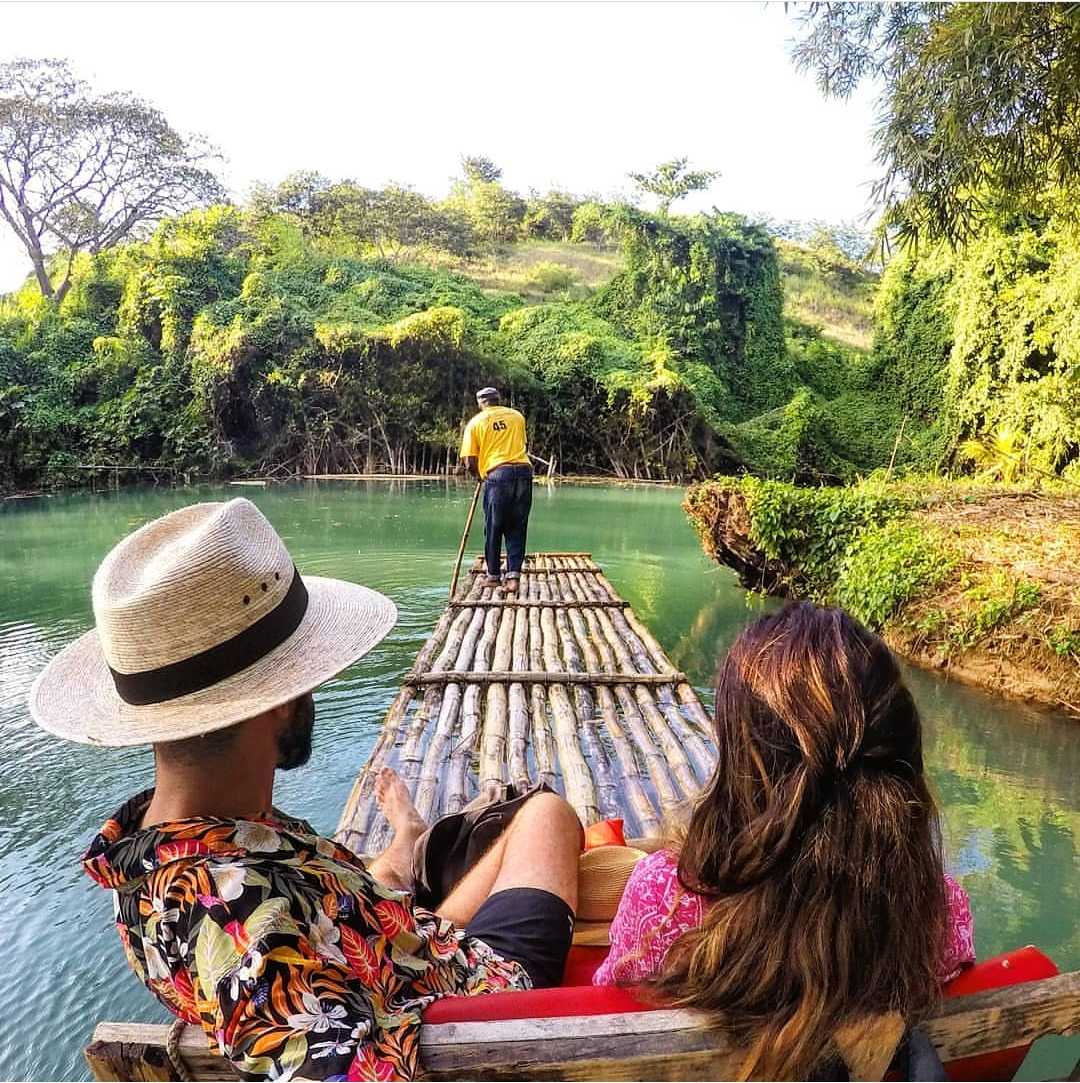


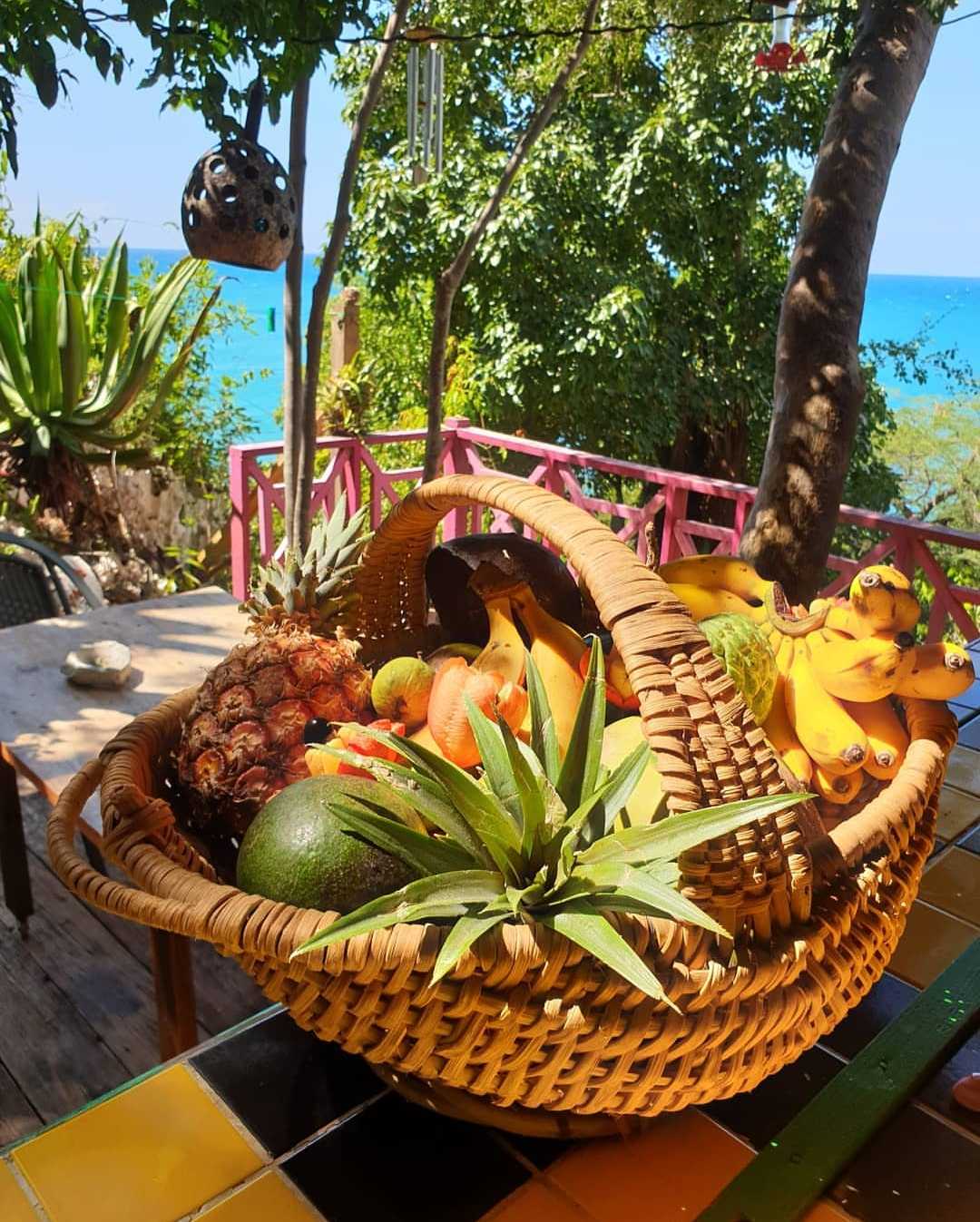
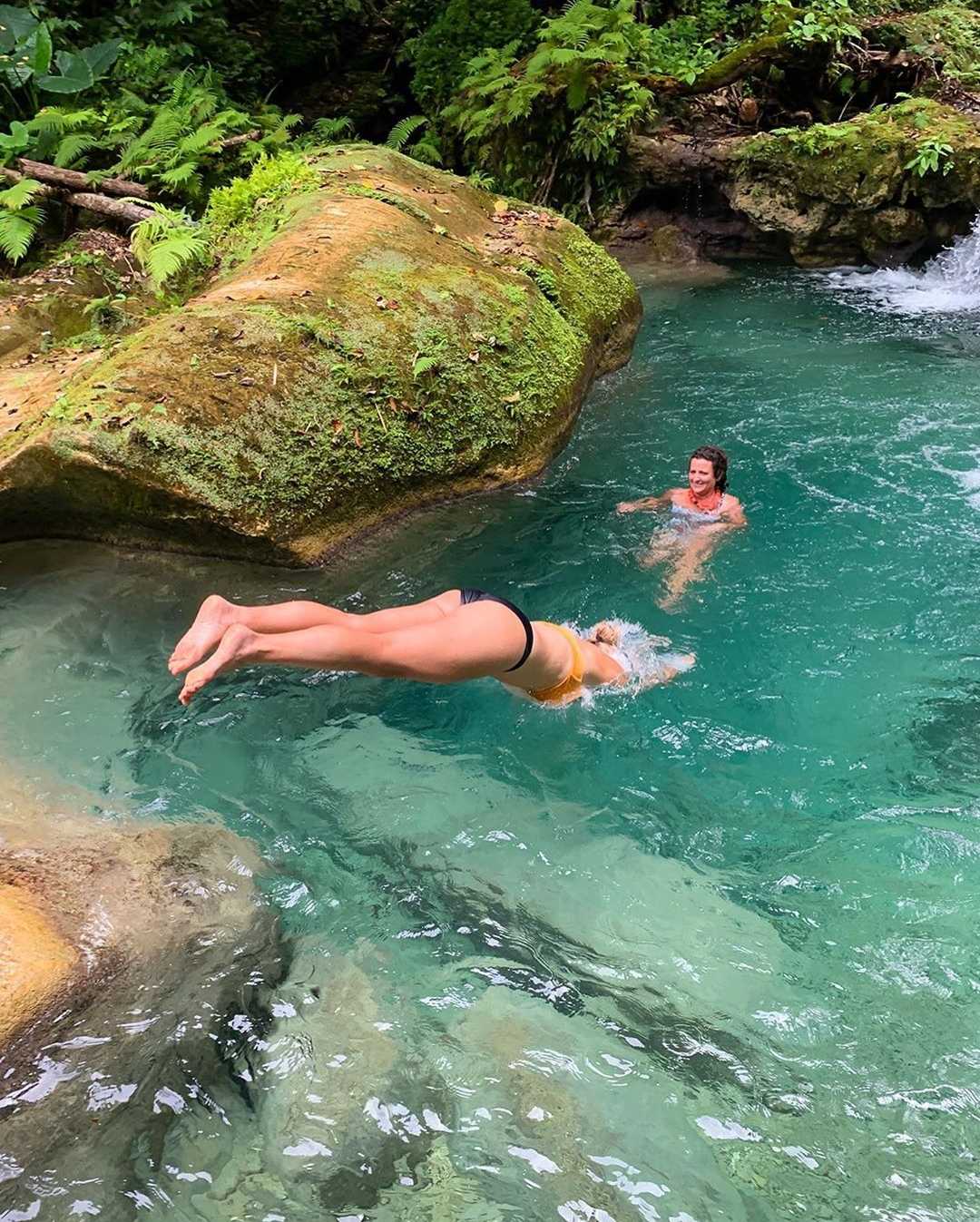
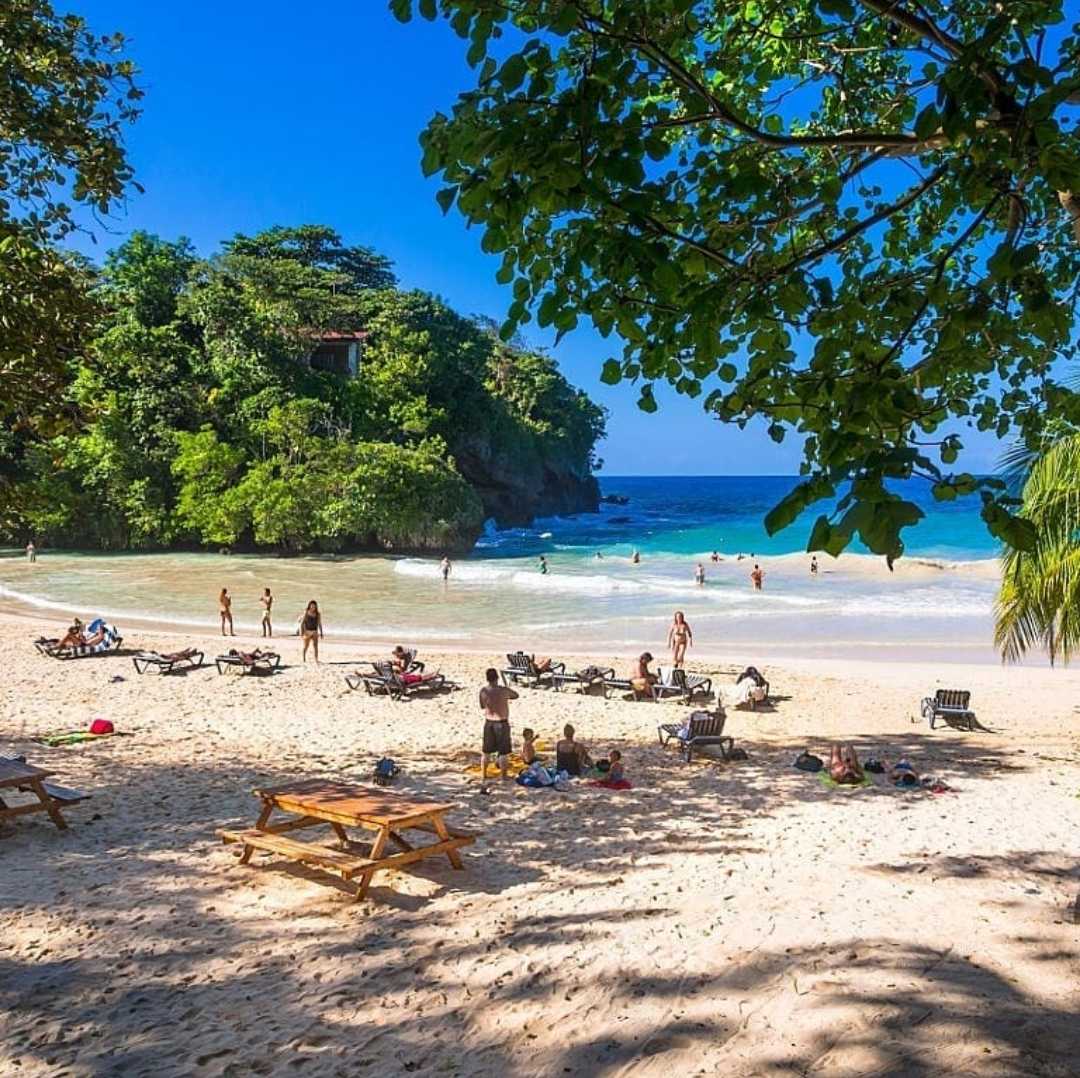
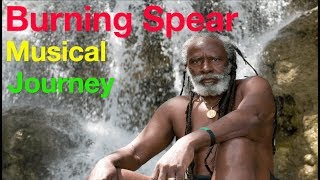


Kevin Williams
Eliminar comentario
¿ Seguro que deseas eliminar esté comentario ?